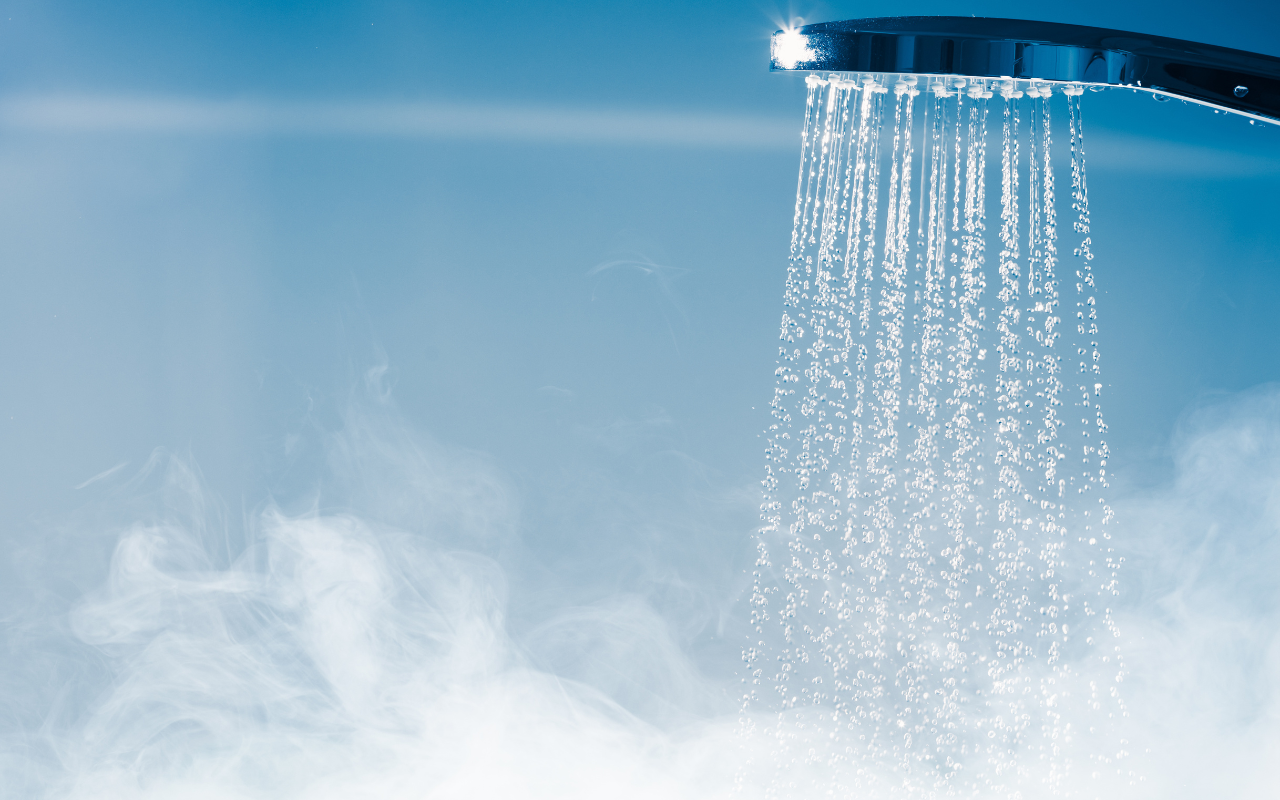No Hot Water? Troubleshooting Tips and Solutions
Hot water is an essential part of our daily lives, whether it's for a refreshing shower, washing dishes, or doing laundry. So, it can be incredibly frustrating when you turn on the tap only to discover there's no hot water. In this blog post, we will explore the common reasons why you might be experiencing this issue and provide troubleshooting tips. However, if you're unable to resolve the problem on your own, it's crucial to contact a professional plumber for assistance. Let's dive into the possible causes of no hot water and how to address them.
Power Supply
In some cases, the lack of hot water may not be due to a problem with your water heater itself, but rather an issue with the power supply. Before jumping to conclusions, it's important to ensure that your water heater is receiving adequate power. Here's what you can do to check the power supply:
- Make sure that the fuse dedicated to your water heater is in the "On" position.
- If the breaker has tripped or the fuse has blown, reset the breaker or replace the fuse and monitor the water heater to see if hot water is restored.
- If the breaker trips or the fuse blows repeatedly, it may indicate an underlying electrical issue. In such cases, it's best to call a licensed electrician to inspect and address the problem.
Check with your power provider in case it is one of the following:
- A power outage in your area
- A ripple relay fault
- Heavy load controlling (typical in winter)
Extra load
One possible reason for experiencing no hot water temporarily could be an increased demand due to additional occupants or guests staying at your home. If chosen and installed correctly, domestic water heaters are suitable for most family situations but will have difficulty providing for a high demand of hot water over a short period of time. Here's what you can do to manage the situation:
- Ensure guests or household members stagger their hot water usage to ensure everyone has access to warm showers and hot water as needed.
- Consider taking shorter showers or spreading out tasks like laundry or washing dishes throughout the day.
- If your hot water demands exceed the capacity of your current water heater, it might be worth upgrading to a larger capacity unit or exploring other solutions like a tankless water heater.
Hot water heater not working properly
Water heaters utilise heating elements to warm the water. If a heating element malfunctions, it can result in little to no hot water. Water might take longer to heat up or not get hot at all. To address this issue:
- Turn off the power supply to the water heater.
- Consult a professional plumber to diagnose and replace the faulty heating element.
- Attempting to replace a heating element without proper knowledge and experience can be dangerous. A licensed plumber can ensure the task is performed safely and efficiently.
Faulty thermostat
Thermostats in water heaters regulate the temperature of the water. If a thermostat is malfunctioning, it can result in no hot water. Signs of a faulty thermostat may include inconsistent water temperature or no hot water at all. If you have confirmed from your power provider that it is not a power supply problem then there is a strong chance that the fault is with the hot water heater element, thermostat or tempering valve (if installed). It is now time to contact a registered plumber to discuss the best options to help you solve your problem.
Sometimes an electrician may be required, our plumbers will be able to organise this for you.
Leaking or damaged pipes
Leaks or damage to the pipes connected to your water heater can cause hot water loss. This issue can occur at any point in the plumbing system, leading to no hot water. Signs of leaking or damaged pipes may include water puddles or damp areas near the water heater and unexplained increased power bills. If you think you may have a leak, inspect the area around the water heater for any visible signs of leaks.
If you are unable to tell if you have a leak or damaged pipes, contact a professional plumber to locate and repair the leaking or damaged pipes. Plumbers have specialised tools to detect hidden leaks and the skills to repair or replace damaged pipes effectively.
Experiencing no hot water can be frustrating, but understanding the common reasons behind it can help you troubleshoot the issue. Remember to exercise caution and prioritise your safety when dealing with appliances. It's crucial to seek professional assistance if you're unsure or unable to fix the issue yourself. Promptly contacting a trusted plumber will ensure that your hot water supply is restored efficiently and safely.
Still no hot water? Call a plumber!
If you're still experiencing no hot water despite attempting the troubleshooting steps outlined above, it's time to call a plumber. We can put you in touch with a registered plumber near you, who will diagnose and resolve the issue, ensuring you have a reliable hot water supply once again. Don't let the lack of hot water disrupt your daily routines - let us help you today.

